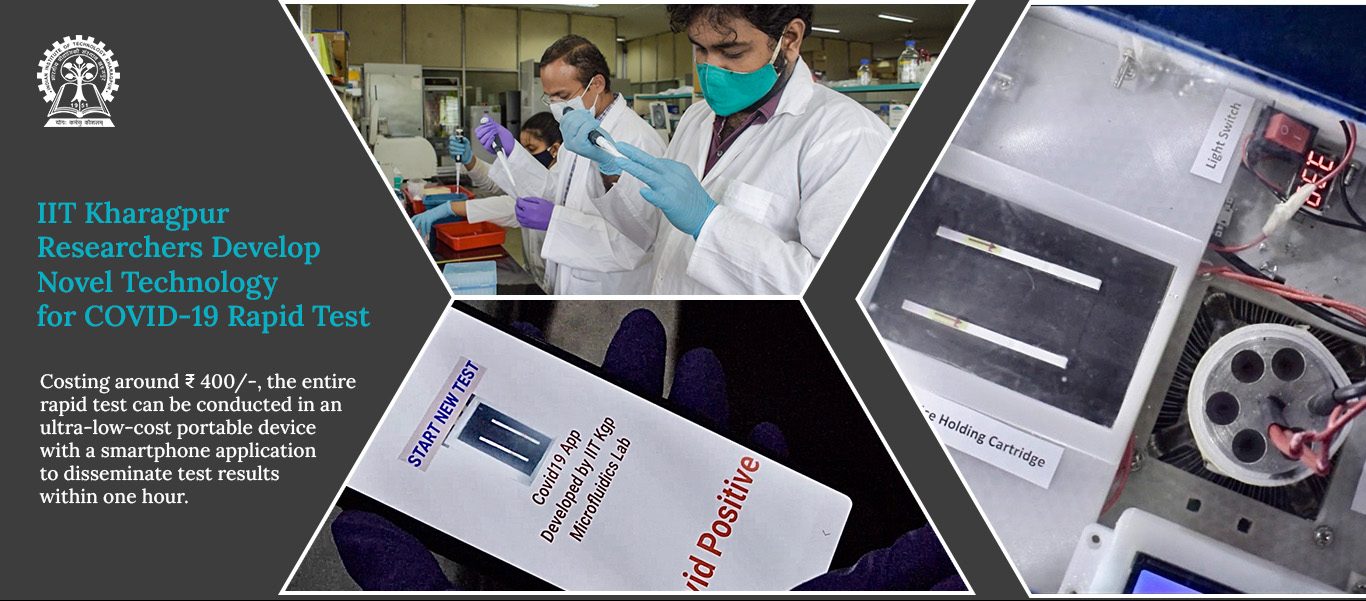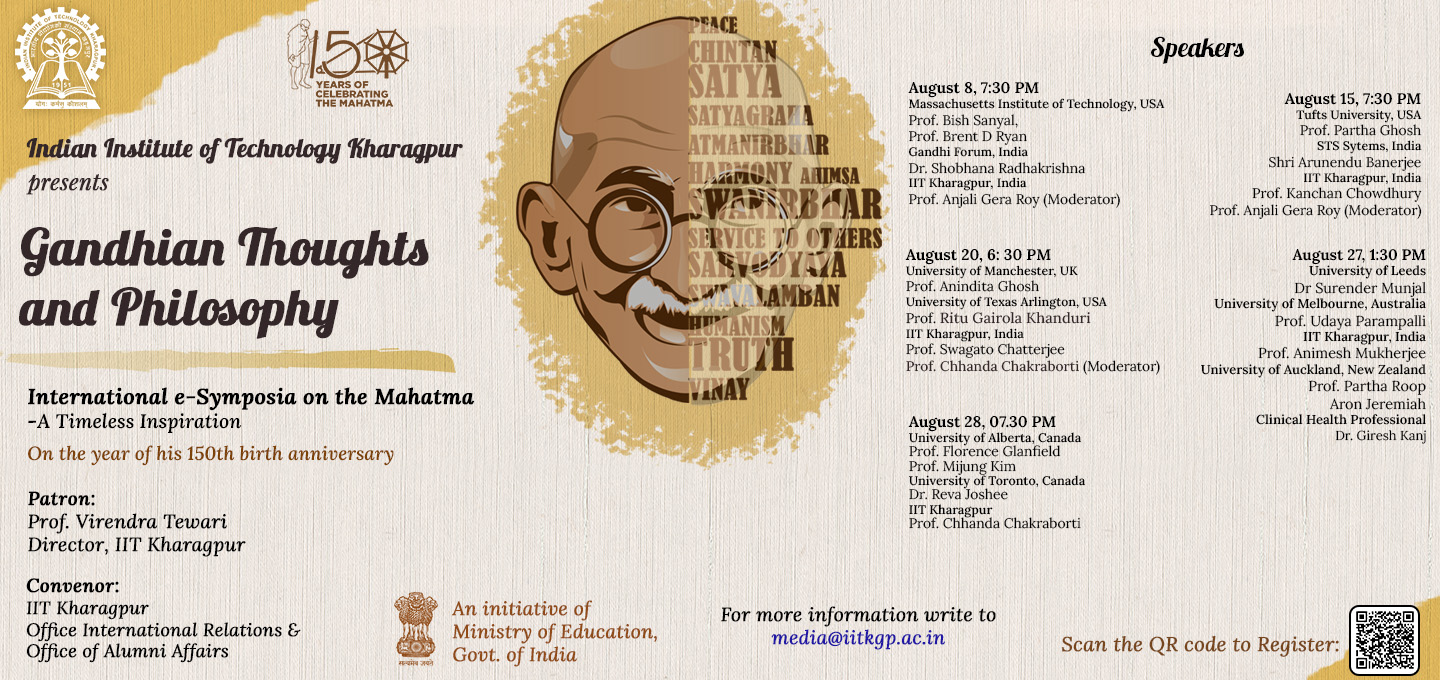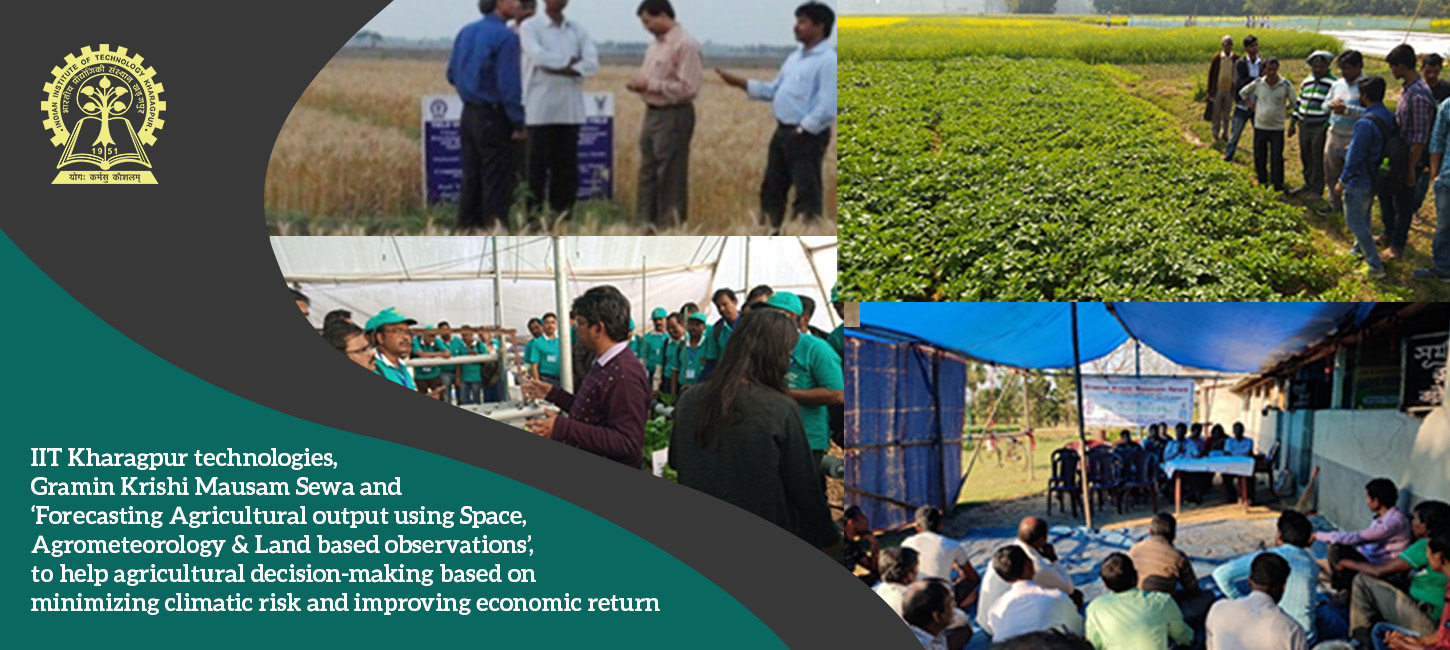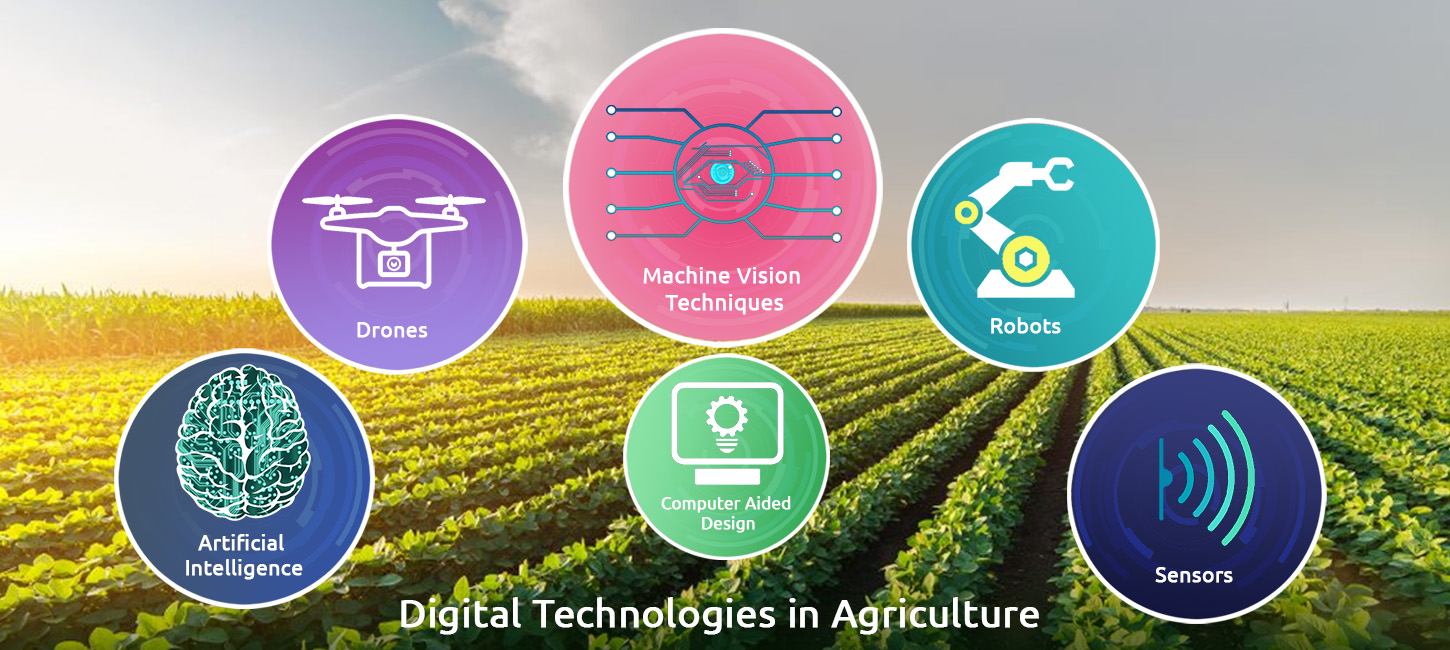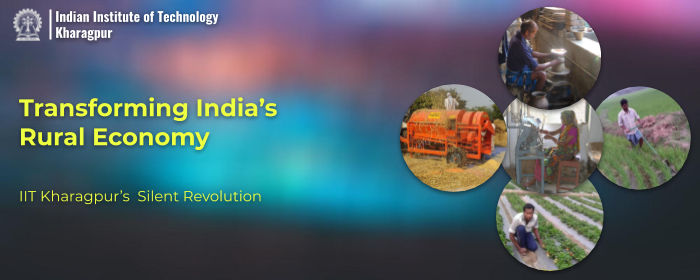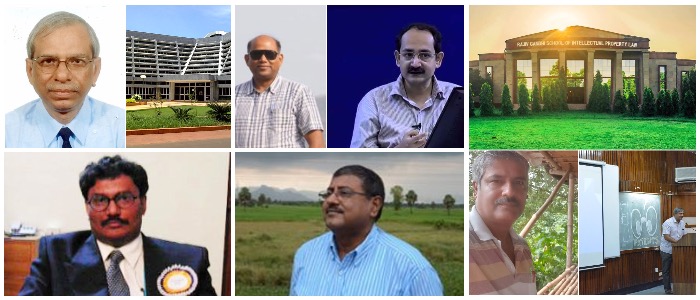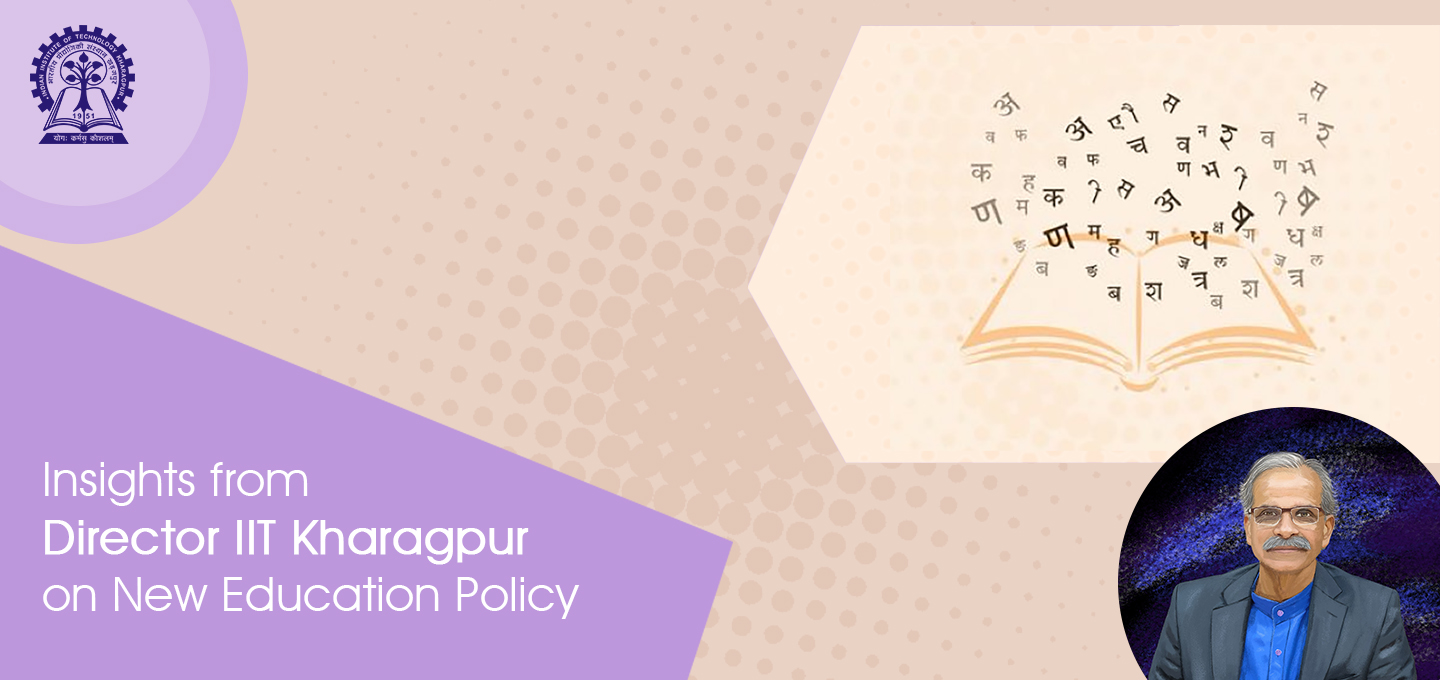
IIT KGP Director Speaks on NEP
On Higher Education A day of celebration as an educationist as we welcome the National Education Policy (#NEP2020) announced by Dr.Ramesh Pokhriyal Nishank, Hon’ble Minister, Ministry of Human Resource Development, Government of India. The policy has substantial elements for the higher education sector. The key among them is setting up the National Research Foundation to foster research culture and removal of MPhil which has been witnessing a downward trend in offering research career opportunities hence fewer number of takers. Emphasis on Interdisciplinary and Humanities Education at IITs Another area I must mention is the thrust on multidisciplinary education including more…

